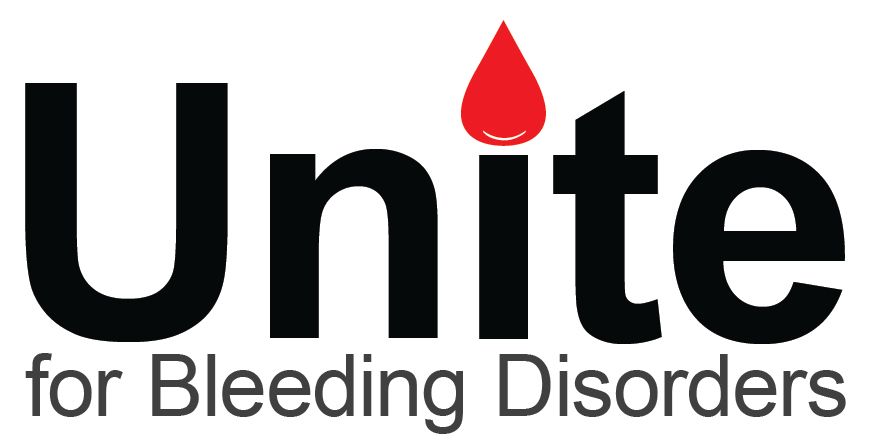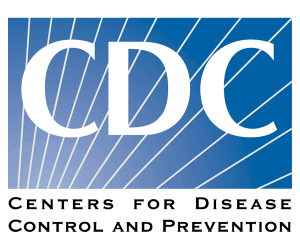Our Focus
The Idaho Chapter of the National Bleeding Disorders Foundation provides education, support, awareness, and advocacy for our bleeding disorder community. We are the leading resource for those affected by bleeding disorders in the state of Idaho. You can count on us to ensure your voice is heard. It’s with your help that we can make a difference. Learn more and get involved.
Our Mission ... In Action
-
We provide year-round events and fundraisers to spread awareness, educate, and generate crucial resources in support of our mission. Hope to see you at our next event!
-
We fight to protect access to quality healthcare and treatments we need to live healthy lives, but we can't do it without your voice. Discover how you and your family can make a big difference by joining our advocacy efforts.
-
We provide mission-focused experiences through education, support, community connections, and fun for those affected by bleeding disorders.
News Articles
The National Bleeding Disorders Foundation (NBDF) has announced the recipients of its 2025 research grant cycle, providing new research funding through its the Judith Graham Pool Postdoctoral Research Fellowship, Excellence Fellowships in Social Work, Nursing, and Physical Therapy, and the Sanofi-sponsored Career Development Award. This year’s cohort reflects the full breath of bleeding disorders research, spanning basic science, clinical investigation, and qualitative studies led by nursing, social work, and physical therapy professionals.
The National Bleeding Disorders Foundation (NBDF) has joined with World Federation of Hemophilia (WFH) with issuing a joint statement on a severe adverse event with marstacimab rebalancing agent for hemophilia (Hympavzi®). NBDF believes it is important for the community to be informed as quickly and thoroughly as possible about all adverse events that can impact people’s informed decision-making regarding their treatment. As Pfizer shares more information regarding their ongoing investigation into this event, NBDF will continue to update the community.

The National Bleeding Disorders Foundation (NBDF) is delighted to announce that Luke Luckey of Manchester, Michigan, was selected as the recipient of the 2025 Kevin Child Scholarship (KCS). The Child family selected Luke as this year’s KCS award recipient from among more than 20 applicants.














